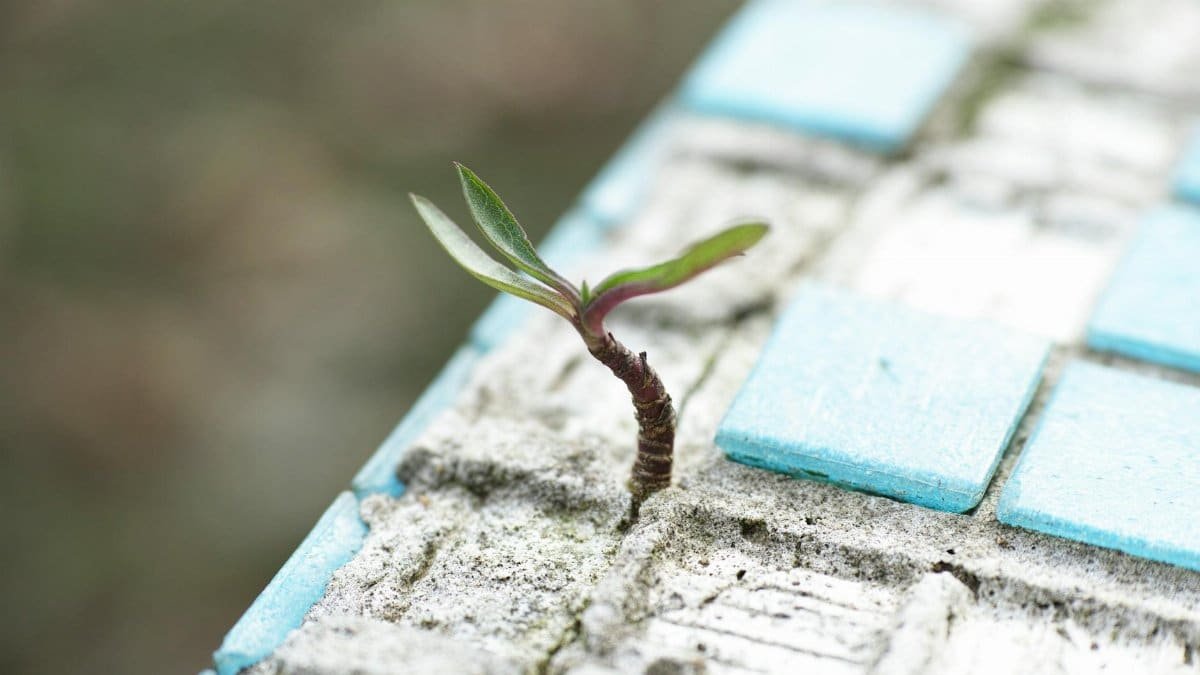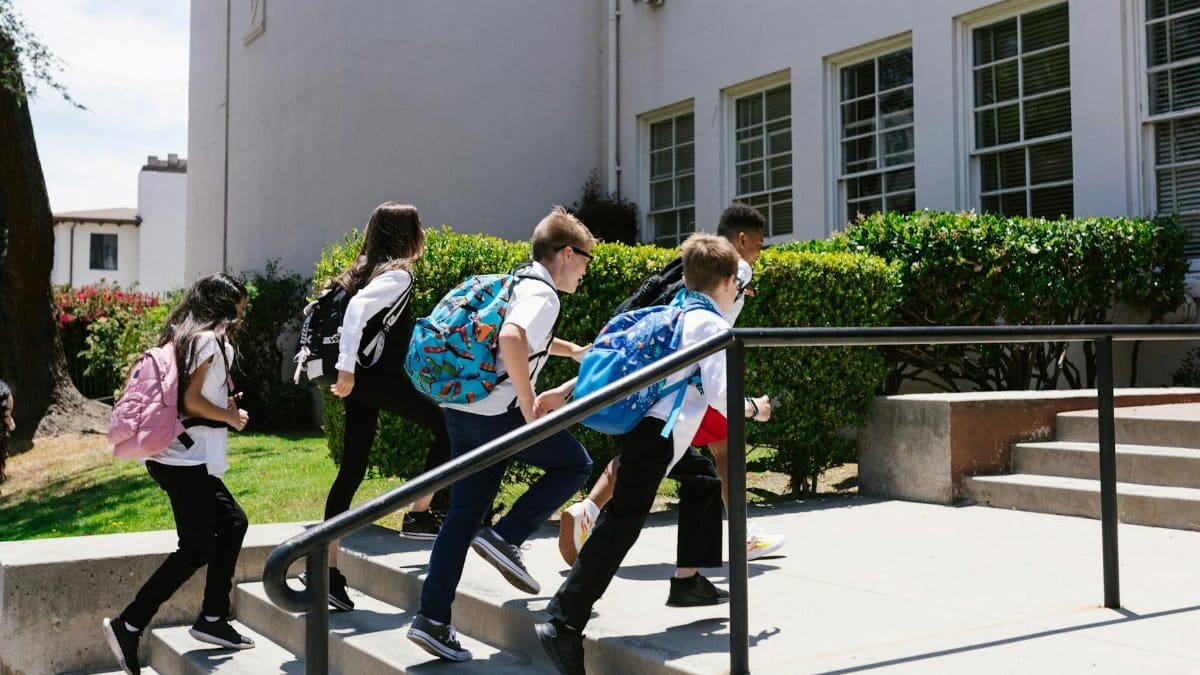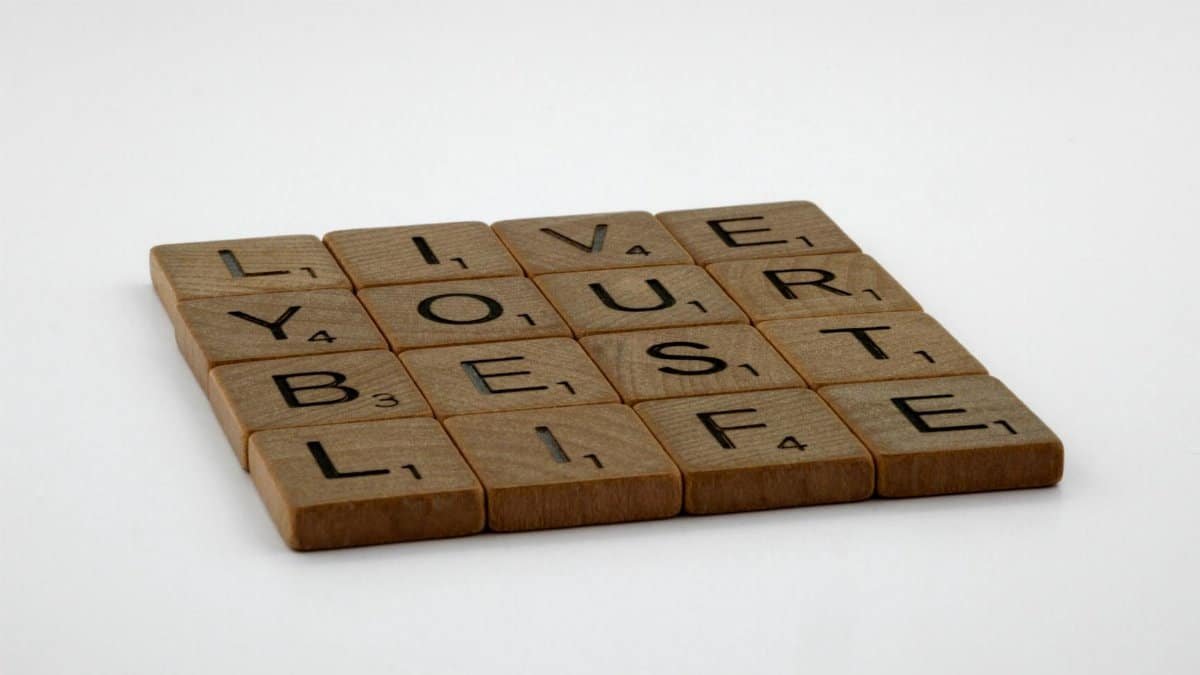In a world that’s more chaotic than ever, is forgiveness resilience the secret weapon for mental survival? New studies suggest that mastering this blend of letting go and bouncing back isn’t just feel-good advice—it’s a game-changer for emotional health. Forgiveness resilience, simply put, is the ability to forgive others (and yourself) while building inner strength to handle adversity. As Americans grapple with rising stress levels in 2025, experts say embracing it could be key to thriving amid personal and societal upheavals. But how does it work in real life?
Defining Forgiveness Resilience

Forgiveness resilience combines two powerful concepts: the act of releasing grudges and the capacity to recover from setbacks. Psychologists describe it as a dynamic process where forgiving past hurts fuels personal growth and adaptability. In the U.S., where mental health challenges affect millions, this approach is gaining traction. A report from the American Psychological Association highlights how forgiveness practices reduce anxiety and depression. It’s not about forgetting wrongs but transforming pain into strength.
The Science Behind It

Research backs the benefits of forgiveness resilience. Studies show that people who practice forgiveness experience lower blood pressure and improved immune function. For instance, a landmark study from Stanford University found that forgiveness training enhanced emotional resilience in participants facing trauma. In 2025, with ongoing discussions about mental health reform, these findings are timely. Experts note that resilience isn’t innate; it’s built through intentional forgiveness, helping individuals navigate life’s overload.
For more details, check out the Stanford Medicine news on forgiveness therapy.
Why It Matters Now

In today’s fast-paced America, forgiveness resilience is more relevant than ever. With economic pressures and social divisions on the rise, many feel overwhelmed. Therapists report a surge in clients seeking tools to reconnect with forgiveness amid burnout. This isn’t fluffy spirituality; it’s practical psychology. By fostering resilience through forgiveness, people report better relationships and higher life satisfaction. As 2025 unfolds, trends point to its integration into workplace wellness programs across the U.S.
Common Barriers to Building It

Not everyone finds forgiveness resilience easy. Deep-seated anger or betrayal can block the path. Cultural stigmas, especially in competitive U.S. environments, often equate forgiveness with weakness. Yet, experts argue that’s a myth. Overcoming these barriers starts with self-awareness. Therapy sessions reveal that unresolved grudges drain energy, making resilience harder. Breaking through requires small steps, like journaling hurts or seeking professional guidance, to rebuild inner fortitude.
Practical Steps to Start

Ready to reconnect? Begin by identifying one grudge holding you back. Write it down, then list three ways it affects your life. Next, practice empathy: consider the offender’s perspective. Meditation apps tailored for forgiveness can help. In the U.S., programs like those from the Greater Good Science Center at UC Berkeley offer free resources. Consistency is key; over time, these habits build resilience, turning emotional weight into personal power.
Explore resources at the Greater Good Science Center on forgiveness.
Real-Life Examples

Take John Ramirez, a New York veteran who struggled with post-deployment resentment. Through forgiveness resilience workshops, he let go of bitterness toward his past, emerging stronger. His story echoes many in the U.S., where veterans’ groups incorporate these techniques. Or consider Lisa Chen, a tech executive in California, who forgave a business betrayal and bounced back to launch her own firm. These cases show how forgiveness fuels resilience in everyday battles.
Impact on Relationships

Forgiveness resilience transforms connections. Couples who practice it report fewer conflicts and deeper bonds. In family dynamics, it heals generational wounds. U.S. divorce rates, still high in 2025, could dip with wider adoption. Therapists emphasize that resilient forgiveness isn’t one-sided; it involves boundaries and mutual growth. By forgiving without forgetting lessons learned, individuals create healthier, more supportive networks that withstand life’s pressures.
Role in Mental Health Trends

As mental health awareness grows, forgiveness resilience fits into broader U.S. trends. Initiatives from the National Institute of Mental Health promote forgiveness-based therapies for trauma recovery. In 2025, with telehealth booming, access to these tools is easier. Data indicates that resilient forgivers experience less chronic stress, aligning with national efforts to combat the mental health crisis. It’s a proactive strategy, empowering people to reclaim control when life feels overwhelming.
Potential Drawbacks and Criticisms

Critics warn that pushing forgiveness resilience can pressure victims to absolve abusers prematurely. In cases of severe trauma, like domestic violence, experts advise caution. Not all situations warrant forgiveness; sometimes, justice comes first. U.S. advocates stress balancing resilience with self-protection. Despite this, when applied thoughtfully, it remains a valuable tool, not a cure-all, for emotional overload.
Looking Ahead

As 2025 progresses, forgiveness resilience could reshape spiritual and psychological landscapes in America. With apps, books, and courses proliferating, it’s accessible to all. Whether facing personal loss or societal strife, reconnecting with forgiveness builds unbreakable resilience. The message is clear: when life feels too much, this practice offers a path forward, grounded in science and real-world success.
